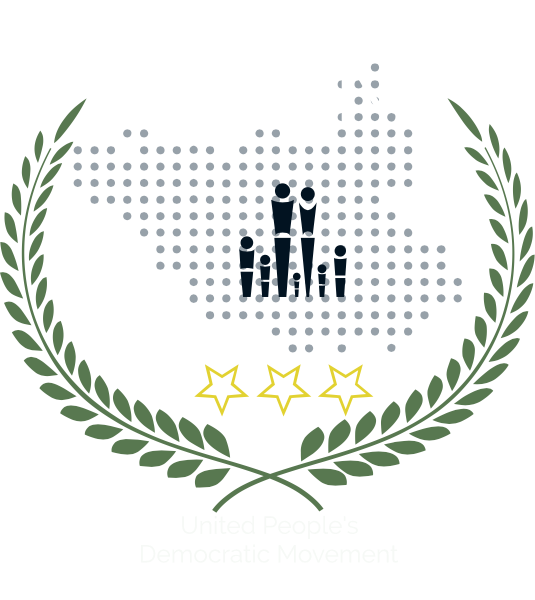A declaration of famine in South Sudan has prompted a swirl of appeals for new funding to stem the catastrophe. There are millions of people in desperate need, and there are aid groups well-positioned to do more, if only they had more money to expand their programming.
But there is also an uncritical aspect to such appeals: the idea that the relief effort is somehow apolitical.
Humanitarians are portrayed as impartial technocrats, keeping above the fray of conflict and politics, dispensing aid fairly to anyone in need. In turn, the “beneficiaries” of the aid effort are cast as apolitical themselves, usually hapless and victimized, incapable of any agency of their own.
This is far from the truth, and it is long past time to come to grips with a fundamental reality: Humanitarian assistance is political action. For Western countries providing the vast majority of funding for relief aid, humanitarian intervention is a stand-in for other forms of political action.
They have consciously privileged humanitarianism over alternative action – to the detriment of peace, security and justice efforts that might actually address the causes of the aid crisis.
A critical look at the ongoing aid efforts brings us to some uncomfortable conclusions. Read more
Daniel van Oudenaren is a journalist previously based in South Sudan
